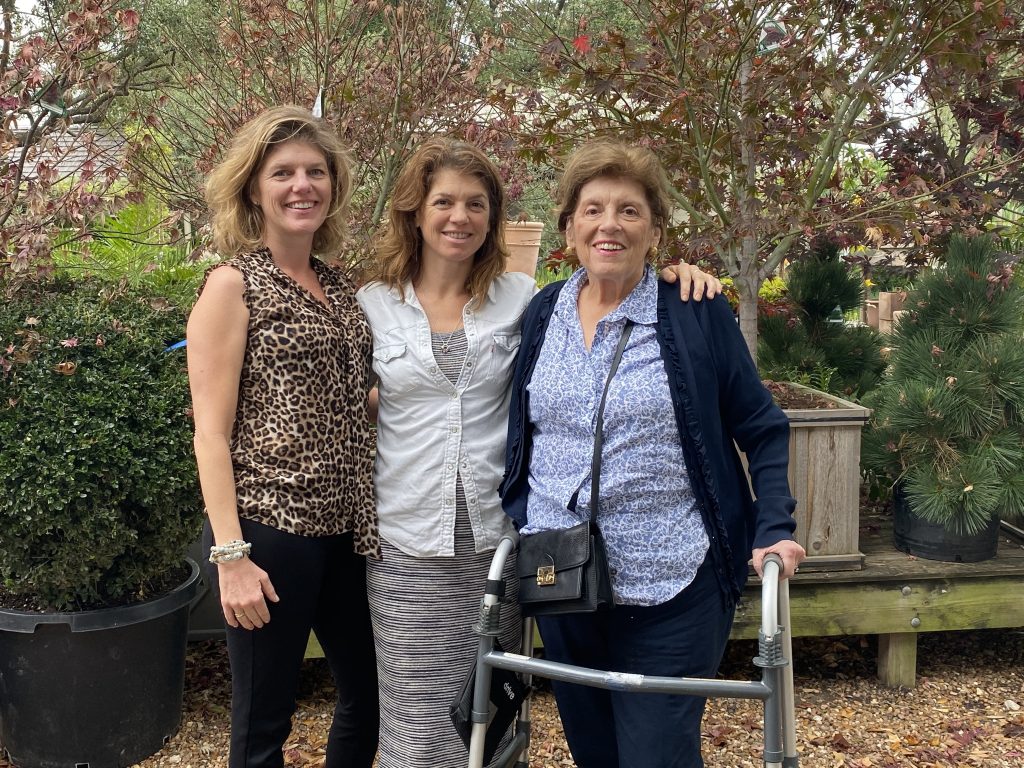By: Susan Ruediger, CEO, CMT Research Foundation
When I talk to individuals with CMT or share my personal experience about living with the disease, the responses I hear can be heartbreaking, sometimes even infuriating.
“At least you don’t have cancer.”
“You don’t look like anything is wrong with you.”
“Thank goodness you only have the mild form of CMT.”
The truth is, there is nothing mild about CMT. Although the disease is not typically fatal, it creates a lifetime of pain and immobility, often forcing individuals and families to live in fear of what their future holds. Today, there is still no possibility of “getting better,” even with surgeries, braces and physical therapy.
The role of patient organizations like the CMT Research Foundation is to shine a spotlight on what the CMT community is up against and fight to change that — especially when it comes to helping drug developers, regulatory authorities and doctors understand why they need to invest more time and capital in CMT.
A fork slipping through our fingers. Our legs giving out as we reach in the cabinet on our tiptoes. The fatigue from trying to get through a normal day. The itching, tingling and pain from progressive nerve deterioration.
No, there is nothing mild about it. Just ask the families who watch their children suffer with daily pain and those who have lost loved ones to CMT.

CMT runs in Susan’s family. Susan is pictured here (left) with her sister and mother.
At the CMT Research Foundation, we believe no one should be condemned to a lifetime of pain and limitations (and pass that pain down to their children) because there are no effective treatments — especially when the science exists to change that. It’s our singular mission to deliver treatments and cures during our lifetime to all three million people living with CMT.
Research to Redefine the Future of CMT
During the past 18 months, the CMT Research Foundation has invested in three research projects with premier scientists who were not previously working on CMT to advance drug development. From the partners we collaborate with to the research we fund, we’re thinking differently about how to speed treatments to families and will leave no stone unturned.
This month, we’re thrilled to keep that momentum going:
- Our partners at DTxPharma successfully reached their second milestone for a project we’re funding that uses their proprietary technology to suppress the overexpression of the protein that causes CMT1A (PMP22). See the latest progress they’ve made and what it means for increasing the chances of eventually reducing PMP22 levels in mouse models with CMT1A.
- We met with 14 drug developers from around the world at the digital BIO International Convention in early June to identify new projects and possibilities that can lead to treatments for CMT. Most importantly, we were able to get many companies that don’t currently work on CMT interested in and excited about applying current technologies and expertise to advance CMT research and treatments. Read the highlights and next steps here.
This is how change happens. I hope you’ll join us in making it possible.
